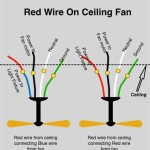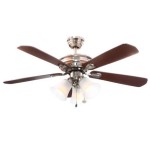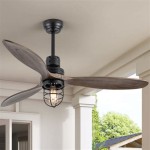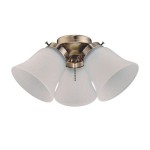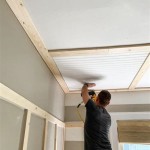Insulation Basement Ceiling Sound Dampening
Noise pollution can be a major problem in homes, especially in basements. The low ceilings and concrete walls of basements can create a resonant chamber that amplifies sound, making it difficult to enjoy peace and quiet. Fortunately, there are a number of ways to soundproof a basement ceiling, including insulation.
Insulation is one of the most effective ways to reduce sound transmission. By filling the void between the basement ceiling and the floor above, insulation helps to absorb sound waves and prevent them from traveling through the air. There are a number of different types of insulation that can be used for soundproofing, including fiberglass, cellulose, and spray foam.
Fiberglass insulation is a popular choice for soundproofing because it is relatively inexpensive and easy to install. However, fiberglass insulation can be irritating to the skin and lungs, so it is important to wear a mask and gloves when working with it. Cellulose insulation is another good choice for soundproofing. Cellulose is made from recycled paper, and it is both fire-resistant and sound-absorbing. Spray foam insulation is the most effective type of insulation for soundproofing, but it is also the most expensive. Spray foam insulation is applied as a liquid, and it expands to fill all of the voids in the ceiling.
In addition to insulation, there are a number of other things that can be done to soundproof a basement ceiling. These include:
- Installing soundproofing panels on the ceiling
- Hanging curtains or tapestries on the walls
- Adding a layer of carpeting or rugs to the floor
- Sealing any gaps or cracks around the ceiling
By following these tips, you can effectively soundproof your basement ceiling and create a more peaceful and enjoyable living space.
Additional Tips for Soundproofing a Basement Ceiling
In addition to the methods discussed above, there are a few other things you can do to soundproof a basement ceiling:
- Use resilient channels. Resilient channels are metal tracks that are installed between the ceiling joists and the drywall. These channels help to isolate the drywall from the joists, which reduces sound transmission.
- Add a layer of mass. Mass is a good soundproofing material because it helps to absorb sound waves. You can add a layer of mass to your basement ceiling by installing drywall, paneling, or other heavy materials.
- Seal any gaps or cracks. Even small gaps or cracks can allow sound to travel through. Be sure to seal any gaps or cracks around the ceiling, including around light fixtures, pipes, and vents.
By following these tips, you can effectively soundproof your basement ceiling and create a more peaceful and enjoyable living space.

Nova Basement Remodeling Soundproofing In

How To Soundproof A Basement Ceiling

How To Soundproof Ceilings Between Floors

How To Sound Proof Basement Ceiling Bees Build Ltd

Should I Insulate My Basement Ceiling And Walls Aire Serv

Soundproofing Ceilings How To Soundproof A Ceiling

7 Ways To Soundproof A Ceiling That Really Work

A Guide On Basement Ceiling Insulation

Insulation Company Denver Basement Netzero

An Easy Way To Soundproof Your Basement


